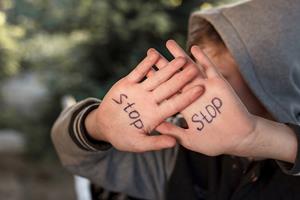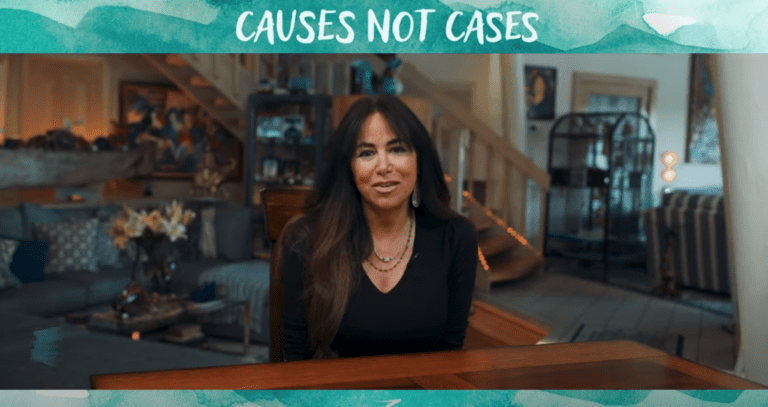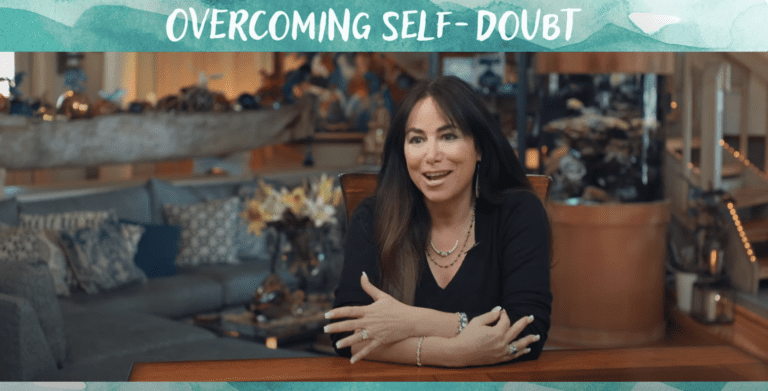by John Gomez, Allison Worden, and Max Halpern
With today’s statistics on sexual abuse, it is important to know how you can support loved ones who have endured abuse. In this blog, we’d like to share some of what we’ve learned during our years of working as San Diego sexual abuse lawyers.
Common Victim Reactions to Sexual Abuse
Some common reactions to sexual abuse include:
- PTSD—Post-traumatic stress disorder
- Alcohol misuse or drug dependency
- Self-infliction of injury or self-harm behavior
- Sexual problems
- Relationship problems
These, as well as many other possible reactions, are daunting to handle alone. With the multitude of feelings attached to processing sexual abuse, keep in mind that things may change from day to day with how a victim wants to approach dealing with their abuse. Victims experience feelings of distrust, fear, sadness, anger, guilt, shame, self-blame, embarrassment, loneliness, shock, confusion, disbelief, and denial, sometimes all at once. That is why having a support system is so important in the healing process for victims of sexual abuse.
What You Can Do:
Listen to the Victim
It is extremely difficult for adults and children to step forward and identify themselves as victims of abuse, to the point where many choose not to say anything. However, if someone comes to you and discloses their abuse, the most important thing to do is listen.
Listen to them talk about what happened. Listen to them vent their frustrations. Listen to whatever details they want to share. It is not easy, and you may find yourself feeling anger and sadness for the person who has entrusted you with this information. While these are very normal reactions, be sure to avoid focusing on your feelings, and remain attentive to the feelings of the survivor.
Equally as important is to not put any pressure on the survivor to tell his or her story until he or she feels comfortable doing so. What has happened to the survivor is incredibly personal and affects many aspects of their life. Sometimes talking about what happened may not be what is best for the survivor. Listening to the survivor and going only at his or her pace is the best way to help support someone working through their abuse. Your job as a friend is not to “fix” the survivor, it is to be there for them.
What to Say
The most imperative aspect of helping someone deal with their sexual abuse is to simply believe them. So many times victims feel unheard or ignored, like this all-consuming aspect of their lives is being dismissed.
Some things you can do and say to show your support are:
- Acknowledge that the abuse occurred—“I believe you.”
- Assure the victim that the abuse was not their fault—“You did not do anything to deserve this.”
- Express that you will be there to support them in whatever way they will need—“You are not alone.”
- Recognize the pain and suffering that the victim has experienced and will continue to experience—“I’m sorry this happened.”
Additionally, give the victim control of how their recovery is being handled. Control was taken away from the victim during the abuse, and making sure the victim feels in control of their recovery is one of the steps to healing. Additionally, always ask before initiating physical contact with a victim of sexual abuse. This can help re-establish a sense of security for the victim and helps them regain control.
Everyone handles these situations differently. Just be sure that, no matter what else, the victim knows that he or she is believed.
What Not to Say
[profileleft] [/profileleft]First, avoid making threats against the perpetrator. While it might seem like this is a way to show your support of the victim, threats of harm to the perpetrator might only result in more anxiety and worry for your friend or loved one. Make sure you are focused on supporting the victim’s healing, rather than attacking the perpetrator.
[/profileleft]First, avoid making threats against the perpetrator. While it might seem like this is a way to show your support of the victim, threats of harm to the perpetrator might only result in more anxiety and worry for your friend or loved one. Make sure you are focused on supporting the victim’s healing, rather than attacking the perpetrator.
Though it might be difficult, try not to give your friend or loved one advice. It can be extremely hard to see them in pain, but keep in mind that everyone they speak to is trying to give them advice. Sometimes, all that they want or need is someone to hear them, not more people telling them what to do.
Finally, do not make grand promises or statements such as “It is all behind you” or “You’ll never hurt again.” You cannot guarantee these things and it only raises the victim’s doubts. Stick to what you know is true and what you can support. It may not seem like enough, but a simple bit of encouragement is better for your loved one than a grand statement.
Continued Support
Once a victim has been able to open up about their abuse, that may just be the beginning of the healing process. There are a few things to keep in mind once someone has initially opened up to you about their abuse.
After the initial conversation with a victim, check in to see how they are coping. There is no timeline that determines how long someone will take to recover, so be patient and non-judgmental. It may seem to you that the victim is “stuck” and not moving forward with their recovery in the way that you think they should. Remember, your job as a friend is not to make the survivor feel shame for how he or she is coming to terms with their assault, it is to support the survivor in their recovery, no matter how long that takes.
Further Education
If you want to be there and be supportive of a friend or loved one who was sexually abused, it is your job to educate yourself on the topic. Victims are already dealing with the physical, emotional and mental trauma of their experience and should not also be responsible for educating those around them on how they can be allies and advocates.
Please check out the following organizations for more ways to help and support victims of sexual abuse:
- RAINN (Rape, Abuse & Incest National Network (https://www.rainn.org/recovering-sexual-violence),
- NSVRC (National Sexual Violence Resource Center (https://www.nsvrc.org/how-to-help),
- National Center for Victims of Crime (https://victimsofcrime.org/media/reporting-on-child-sexual-abuse/additional-facts-and-resources).







